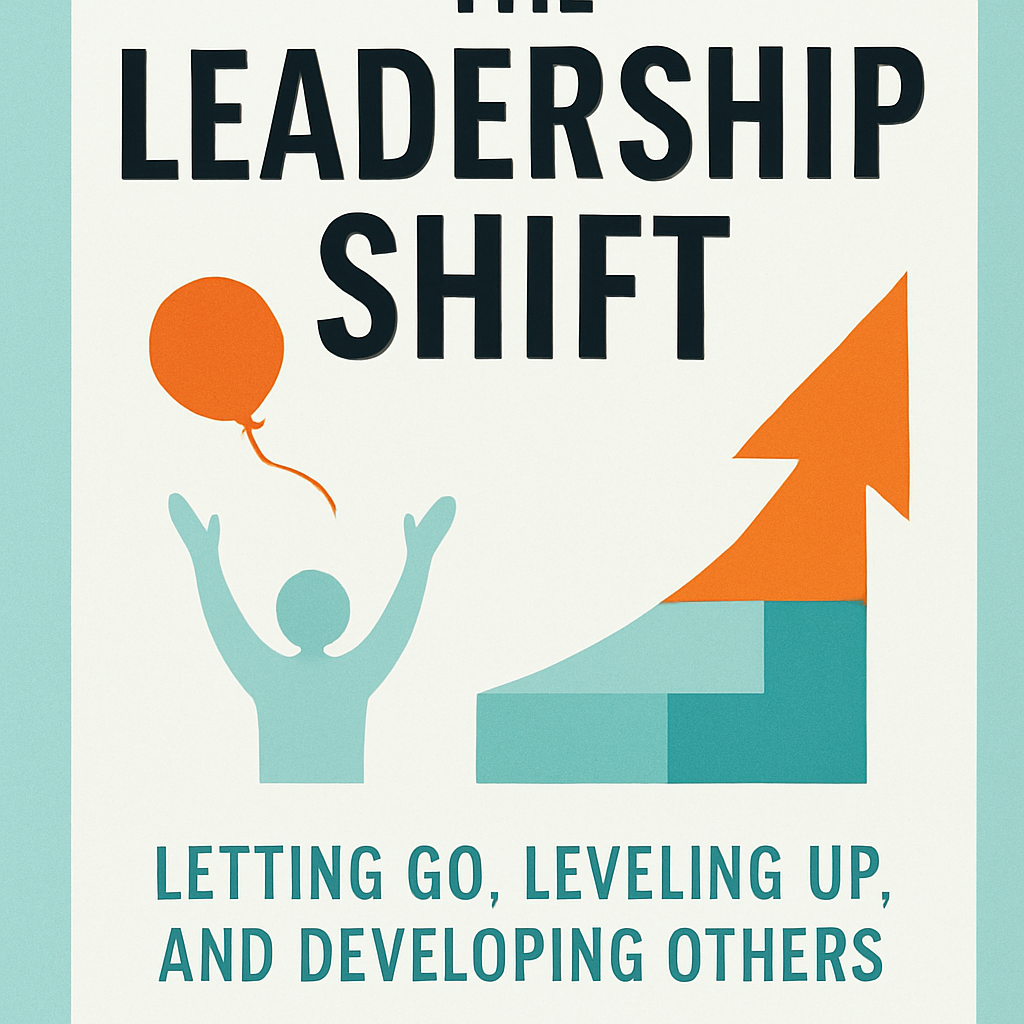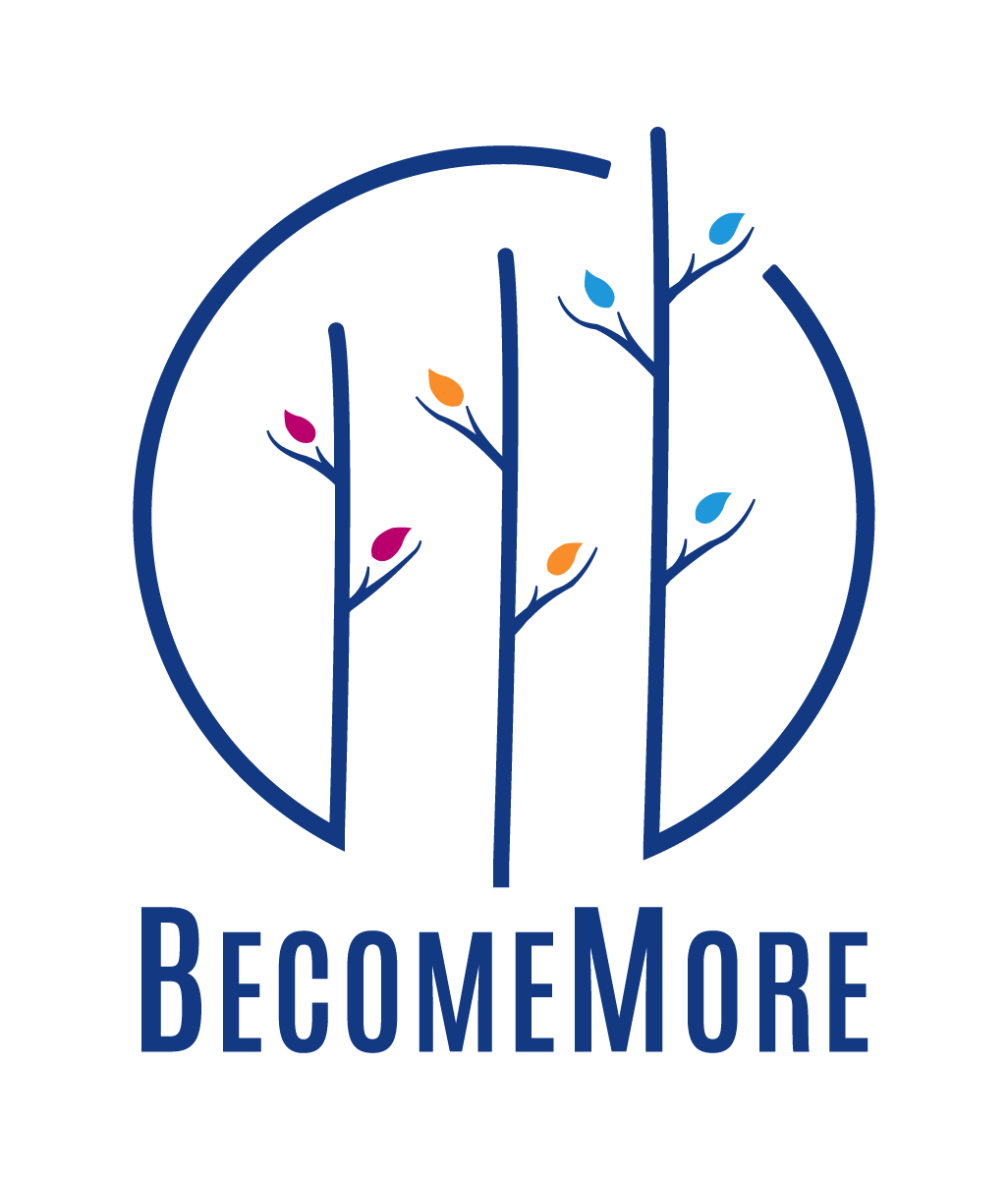2 min read
The Leadership Shift: Letting Go, Leveling Up, and Developing Others
![]() BecomeMore Group Staff
:
11/15/25 5:15 PM
BecomeMore Group Staff
:
11/15/25 5:15 PM

Leadership evolution is a complex journey that many professionals struggle to navigate effectively. One of the most challenging transitions occurs when leaders must shift from being doers to becoming developers of others. This psychological and practical shift fundamentally changes how leaders contribute value to their organizations, yet many resist this crucial transformation.
The concept of "lazy leadership" often triggers negative reactions. The term itself feels contradictory - how can laziness possibly align with effective leadership? Yet this provocative label points to an essential truth: as leaders advance through organizational ranks, their value shifts from personal productivity to organizational capacity-building. When leaders cling to tasks they've mastered rather than developing others to take on those responsibilities, they inadvertently become bottlenecks that limit organizational growth.
This pattern repeats at every leadership transition - from frontline to supervisor, supervisor to manager, manager to director, and beyond. Each step requires letting go of familiar work and embracing new ways to add value. The Leadership Pipeline framework provides clarity by encouraging leaders to identify what they should start doing, what they should stop doing, and how to approach this transition purposefully. Yet theoretical understanding rarely translates to effective implementation without deliberate practice.
Many leaders resist delegating responsibilities with excuses like "they don't know how," "they won't do it right," or "it's faster for me to just do it." While these concerns may be valid initially, they represent short-term thinking that sacrifices long-term organizational capacity. The solution isn't immediate abandonment of tasks but rather a calibrated transition process that includes telling, explaining, collaborating, and gradually letting go. This progression builds both competence and confidence in team members while freeing the leader to focus on higher-value activities.
The timing of this calibration process varies depending on task complexity and frequency. Daily tasks offer more practice opportunities than annual responsibilities like budgeting, making them better candidates for early delegation. Rather than viewing delegation as requiring extensive upfront planning, effective leaders incorporate quick learning moments - 10-15 minutes of feedback and guidance - that compound over time to develop capable team members who can eventually operate independently.
Beyond individual leadership practices, organizational systems often inadvertently reinforce dependency. When approval processes require multiple signatures, travel receipts must follow convoluted submission protocols, or hiring practices prioritize credentials over learning potential, the message to employees becomes clear: follow procedures rather than think independently. This systemic conditioning creates what one leader described as "order-takers" - employees who want to succeed but have been trained to wait for instructions rather than exercise judgment.
Forward-thinking organizations are reexamining these practices, looking beyond task performance to assess curiosity, adaptability, and growth potential. They're implementing frameworks like the nine-box grid that evaluate both current performance and future potential, creating pathways for development and clear expectations for advancement. By consciously designing systems that encourage thinking rather than mere compliance, these organizations create fertile environments for growth that benefit both individual employees and the organization as a whole.
The evolution from doer to developer requires intentional effort at both individual and organizational levels. Leaders must recognize that their value increasingly derives not from what they personally produce but from what they enable others to accomplish. Organizations must examine whether their systems unconsciously reinforce dependency or actively cultivate independent thinking. When both align, the result is an environment where people and the organization flourish together.

